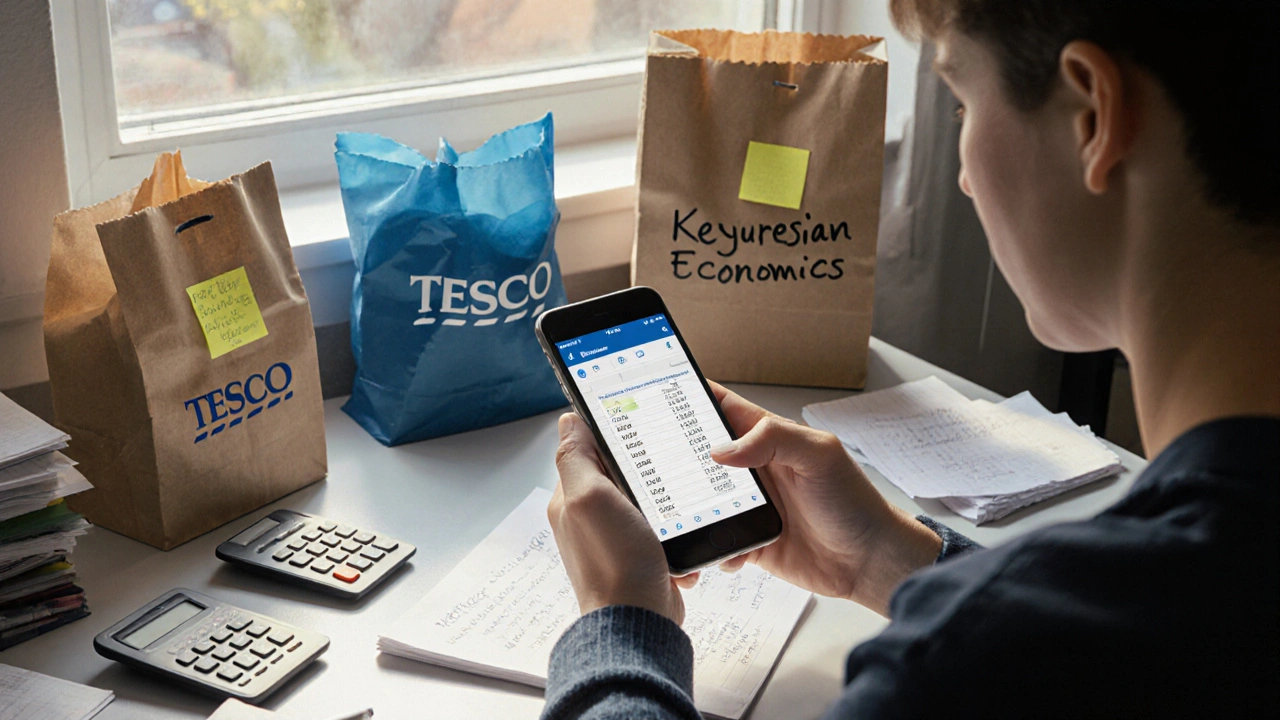Social Media Influence on UK Students
When you scroll through TikTok or Instagram between lectures, you’re not just passing time—you’re being shaped by social media influence, the way online platforms subtly change what students think, feel, and do. Also known as digital peer pressure, it’s not just about trends—it’s about how algorithms decide what feels normal, urgent, or even necessary for student life in the UK. This isn’t theoretical. It’s why you feel behind because someone posted a 5 a.m. study routine, or why you skip meals because a viral post called it "clean eating." It’s why you compare your flat to someone’s curated student apartment in Edinburgh, or why you stress about not having a "productive" weekend when everyone else seems to be networking or traveling.
That same influence shows up in how you learn. academic performance, how well students do in exams and assignments isn’t just about how much you study—it’s about how much you’re distracted. One study from the University of London found that students who checked social media more than five times an hour during study sessions scored 20% lower on average. And it’s not just about focus. student mental health, the emotional and psychological state of students under academic pressure is being reshaped by endless comparisons. A student in Cardiff told us she felt like a failure because her feed showed everyone else landing internships, while she was still figuring out her course. She wasn’t alone. Nearly 60% of UK students say they feel worse about their progress after scrolling for more than 30 minutes.
But it’s not all bad. online trends, viral ideas or movements that spread quickly across platforms can also help. A TikTok trend about using free university library resources helped one group of students in Manchester cut their textbook costs by 80%. A Reddit thread on managing stress without medication led dozens to try breathing exercises they’d never heard of before. The difference? It’s not the platform—it’s how you use it. When you follow accounts that teach you how to cite sources or find cheap groceries, you’re turning influence into power. When you follow accounts that make you feel inadequate, you’re letting algorithms run your life.
What you’ll find below aren’t just posts about social media. They’re real stories from UK students who’ve figured out how to use—or escape—its grip. You’ll read about how note-taking by hand beats typing when your brain is overloaded with notifications. You’ll see how sleep deprivation isn’t just about late nights—it’s about the 3 a.m. scroll that kills your focus. You’ll learn how to spot fake job outcomes from universities that are just copying influencers’ buzzwords. And you’ll find out how to socialise without alcohol, without pressure, and without comparing yourself to someone else’s highlight reel.
Published on Oct 27
0 Comments
UK student creators can build real influence on Instagram by focusing on niche content, posting at the right times, using Reels to solve problems, and engaging authentically-not chasing likes. This guide shows how to turn your student experience into a powerful personal brand.
